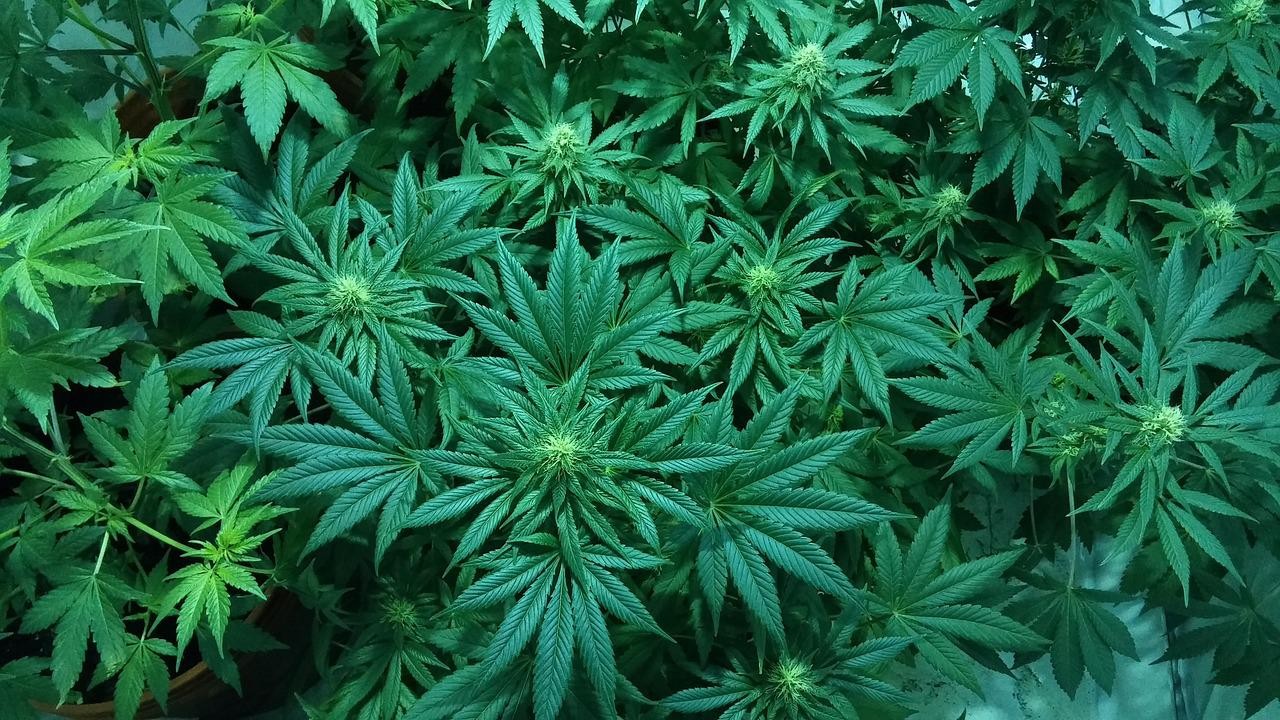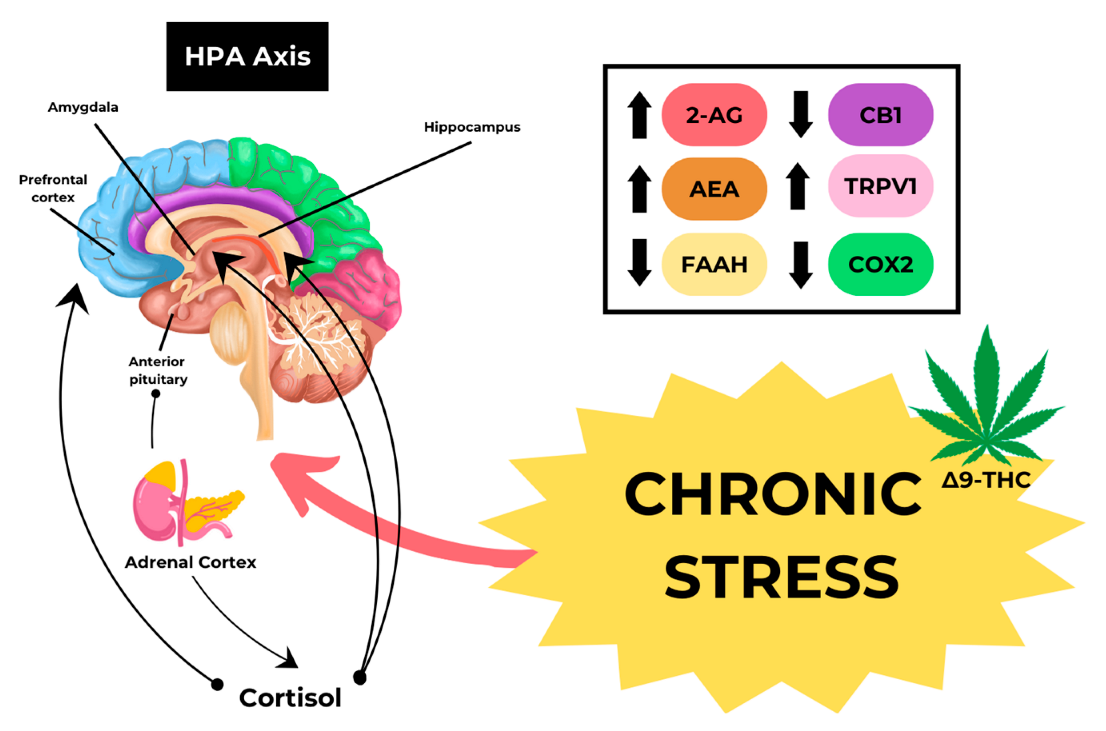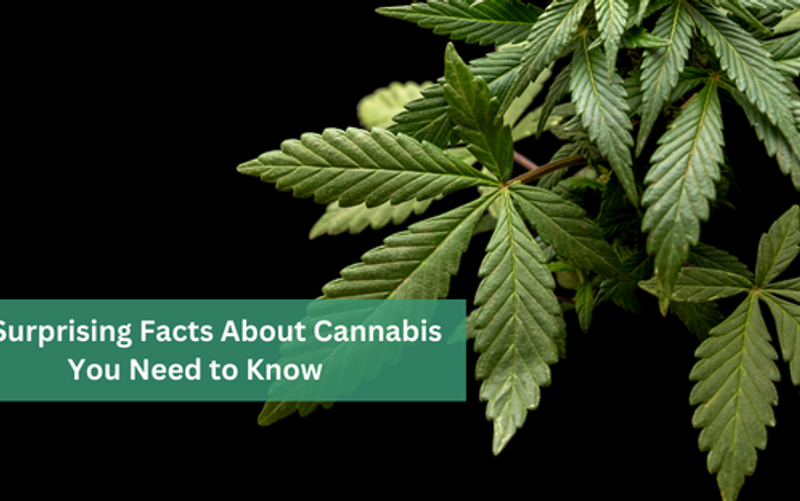Cannabinoid hyperemesis syndrome (CHS) is typically not associated with CBD. CHS is more often linked to heavy, long-term use of THC-rich cannabis.
Cannabinoid hyperemesis syndrome, a condition marked by recurrent bouts of severe nausea, vomiting, and abdominal pain, has emerged with the rise of cannabis use. Traditionally, it’s THC, the psychoactive component of cannabis, that has been tied to this uncomfortable syndrome, not CBD, the non-intoxicating compound often hailed for its therapeutic benefits.
Expert research suggests CHS is a reaction to the body’s cannabinoid system being overloaded with THC, a scenario uncommon with CBD use since it does not bind to the same receptors as THC. While more study is essential to fully understand the nuances of cannabinoid influence, moderate use of CBD, especially those products with minimal THC, remains a low-risk choice for those seeking its potential health advantages.
What Is Chs?
Cannabinoid Hyperemesis Syndrome (CHS) is a rare condition seen in regular cannabis users. It leads to repeated episodes of nausea, vomiting, and dehydration. Symptoms often include intense abdominal pain and the urge to take hot showers as relief.
| Symptom | Description |
|---|---|
| Cyclical Nausea | Coming and going, but often persistent over time |
| Vomiting | Frequent and severe, leading to weight loss |
| Abdominal Pain | Severe and can be debilitating |
| Compulsive Bathing | Desperate need for hot showers or baths for relief |
Multiple factors trigger CHS, but exact reasons are unclear. Excessive cannabis use is the main cause. Some believe it links to genetics. Others think chemical changes in the body play a role. Stopping cannabis use often halts the syndrome.

Credit: www.linkedin.com
Cbd Oil: Composition And Uses
CBD Oil, short for Cannabidiol oil, is a natural product from the cannabis plant. It does not make people feel “high”. THC is the compound that causes the high. CBD oil usually has no THC. People use CBD oil for health reasons.
This oil comes in many forms. You can find it as drops, capsules, and creams. Many believe CBD oil helps with health issues. These issues include pain, anxiety, and sleep problems.
| Health Issue | How CBD May Help |
|---|---|
| Pain | Reduces discomfort |
| Anxiety | Calms the mind |
| Sleep Problems | Improves sleep quality |
Examining The Link Between Chs And Cbd
Research is crucial in understanding Cannabis Hyperemesis Syndrome (CHS) and its connection with CBD (cannabidiol). Studies suggest that compounds in cannabis might cause CHS, a condition with symptoms like recurrent vomiting. Though THC (tetrahydrocannabinol) is often linked to CHS, the role of CBD is less clear.
Scientific investigations continue to explore how different cannabinoids impact the body. CBD is known for its therapeutic benefits, unlike THC, which is psychoactive. Yet, the possibility of CBD contributing to CHS cannot be dismissed without comprehensive research.
No conclusive evidence currently shows CBD alone induces CHS. People often use CBD to ease medical conditions because it does not induce a ‘high’. Not all cannabis users experience CHS, suggesting individual factors may play a role.
Credit: www.businessinsider.com
Factors That Contribute To Chs
Understanding Cannabinoid Hyperemesis Syndrome (CHS) involves considering several factors. One key aspect is genetic predisposition. Certain individuals may have a genetic makeup that makes them more vulnerable to developing CHS after consuming CBD. Studies suggest that changes in the body’s cannabinoid receptors could play a role.
The role of dosage and prolonged exposure is also crucial. High doses of CBD over a long period might increase the risk of CHS. Body responses vary widely, and not everyone will experience CHS with extended CBD use. It’s essential to find a balance and be mindful of personal thresholds to mitigate potential risks. Consulting healthcare professionals is advisable before starting or modifying CBD consumption.
Misconceptions And Realities Of Cbd Oil
CBD oil does not cause a high. Many people believe that CBD oil can make you feel ‘high’ like THC. This is false. CBD oil comes from hemp, not marijuana, and hemp-derived CBD contains minimal THC. This means no euphoric effects. Another myth is that CBD is habit-forming. Research suggests otherwise. CBD is non-addictive and can be used as part of a daily routine without risk of dependence.
Some think CBD oil works instantaneously. This is a misunderstanding. The effects of CBD oil can vary. It may take time for the body to respond. Your experience with CBD oil depends on several factors including dosage, product quality, and your body’s chemistry. Patience is key as you determine what works best for you.

Credit: www.mdpi.com
Navigating The Realm Of Cbd Safety
Consulting with a healthcare provider is crucial before using CBD. Medical experts can offer personalized advice based on your health. They understand how CBD might affect your body. Always share your current medicines with your doctor. This helps avoid harmful interactions with CBD.
Talk to your doctor especially if pregnant or nursing. Babies can be sensitive to CBD. Doctors help ensure the safety of both mother and child. Your healthcare provider can also guide you on safe CBD dosages. It’s important not to guess your dosage. Too much CBD could be harmful.
Conclusion
Exploring CBD’s potential, we’ve tackled the big question: can it cause CHS? The short answer is nuanced, as research continues to evolve. Remember, if you’re considering CBD, do so with awareness of its effects. Always consult healthcare professionals before starting any new supplement.
Stay informed, choose wisely, and prioritize your health.

